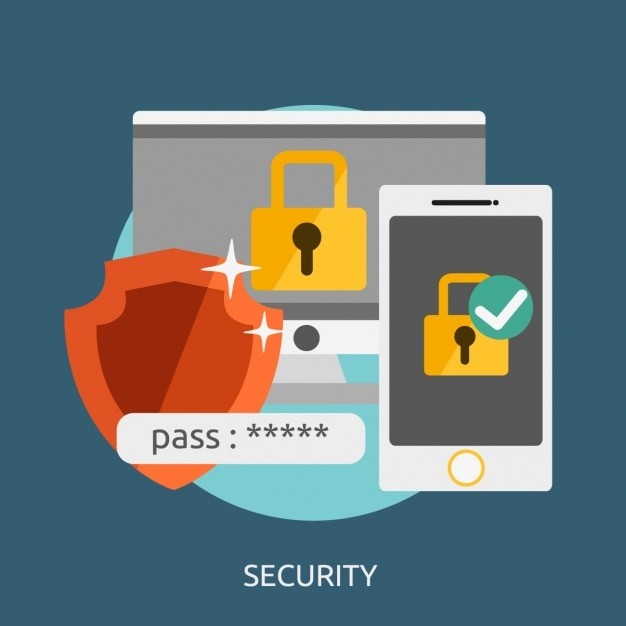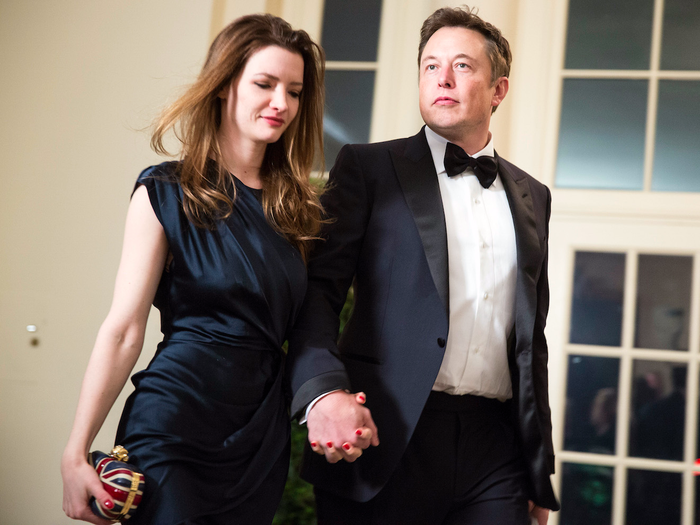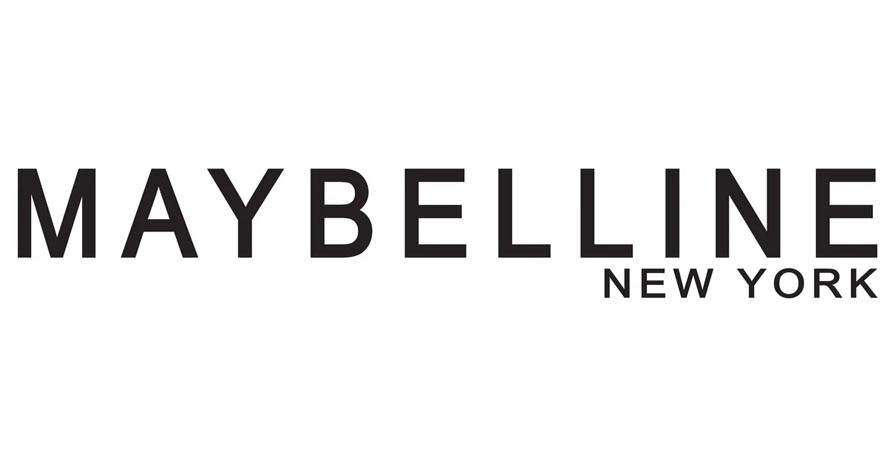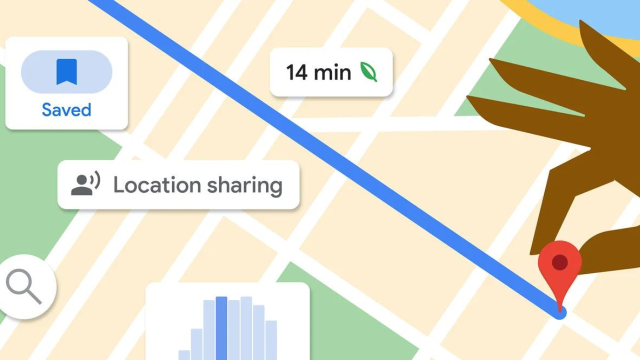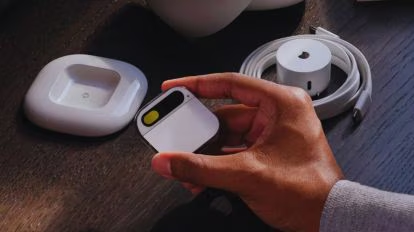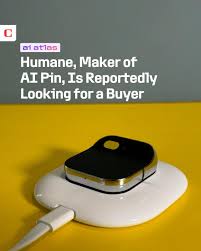In the current digital era, many users are quite concerned about security and privacy, especially in light of smartphones’ vast capabilities and the possibility of illegal data acquisition. The idea that cellphones are actively listening to users’ conversations and recording audio data for various purposes is one area of special concern.
Despite assurances from tech companies that they do not engage in such practices, suspicions persist, fueled by anecdotal evidence and widespread misconceptions. While it’s true that smartphones and voice-activated digital assistants like Google Assistant and Siri are designed to respond to voice commands, the idea of constant surveillance remains unsettling for many users.
The concept of smartphones listening to conversations and using that data for targeted advertising or other purposes is often referred to as “always-on” or “passive” listening. However, experts argue that the logistics of implementing such a system on a large scale are impractical and would likely result in significant backlash from consumers and regulatory bodies.

Instead of actively listening to conversations, tech companies rely on other methods to gather data about users’ interests, preferences, and behavior. This includes tracking online activity, analyzing search queries, monitoring app usage, and leveraging data obtained from third-party sources. By aggregating and analyzing this information, companies can create detailed profiles of individual users and deliver targeted advertisements tailored to their interests.
Nevertheless, the perception that smartphones are constantly eavesdropping persists, fueled in part by anecdotal experiences where users report seeing ads related to topics they recently discussed in conversation. While it’s tempting to attribute these occurrences to active listening, the reality is often more mundane. Advertisers have access to a wealth of data about users’ online behavior, allowing them to make educated guesses about their interests and preferences.
To address concerns about privacy and security, tech companies have implemented various safeguards and privacy controls to give users greater control over their data. For example, both iOS and Android devices allow users to review and manage app permissions, including access to the microphone and other sensitive features.
Additionally, platforms like Google offer tools and settings that allow users to view and delete their activity history, including audio recordings captured by voice-activated assistants. By regularly reviewing and clearing this data, users can minimize the risk of unauthorized access to their personal information.
Despite these measures, some users remain skeptical about the extent to which tech companies respect their privacy and security. High-profile data breaches and scandals involving the unauthorized use of personal data have eroded trust in the tech industry, leading many users to question the motives and practices of companies that collect and monetize their data.

In response to these concerns, lawmakers and regulatory bodies have proposed and implemented various measures aimed at strengthening consumer privacy protections and holding tech companies accountable for their data practices. This includes the implementation of regulations like the European Union’s General Data Protection Regulation (GDPR) and the California Consumer Privacy Act (CCPA), which grant users greater control over their personal data and impose stricter requirements on companies that collect and process it.
Ultimately, the debate over smartphone surveillance and data privacy is unlikely to be resolved anytime soon. As technology continues to evolve and become more integrated into our daily lives, finding the right balance between convenience and privacy will remain a challenging and ongoing process. However, by staying informed about privacy risks and taking proactive steps to protect their data, users can minimize their exposure to potential threats and maintain greater control over their digital lives.
If you like the article please follow on THE UBJ.

